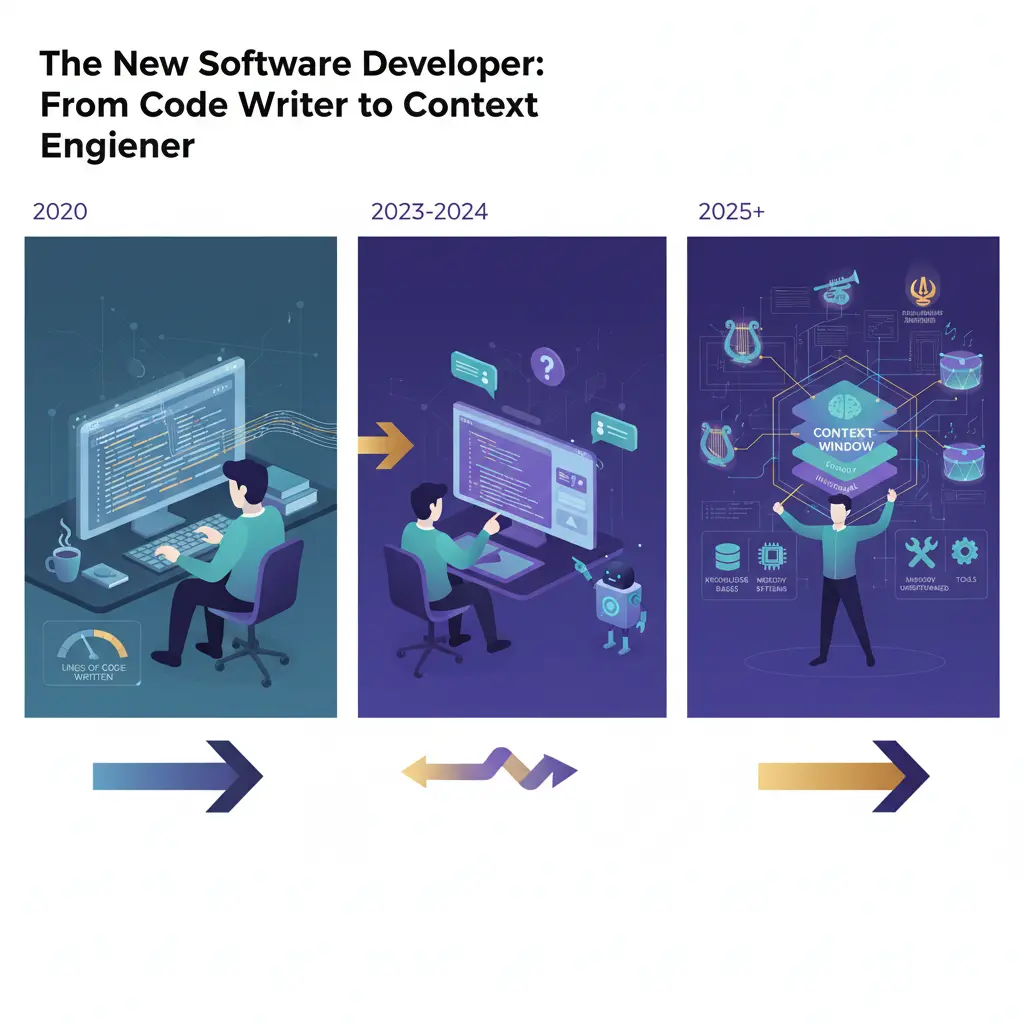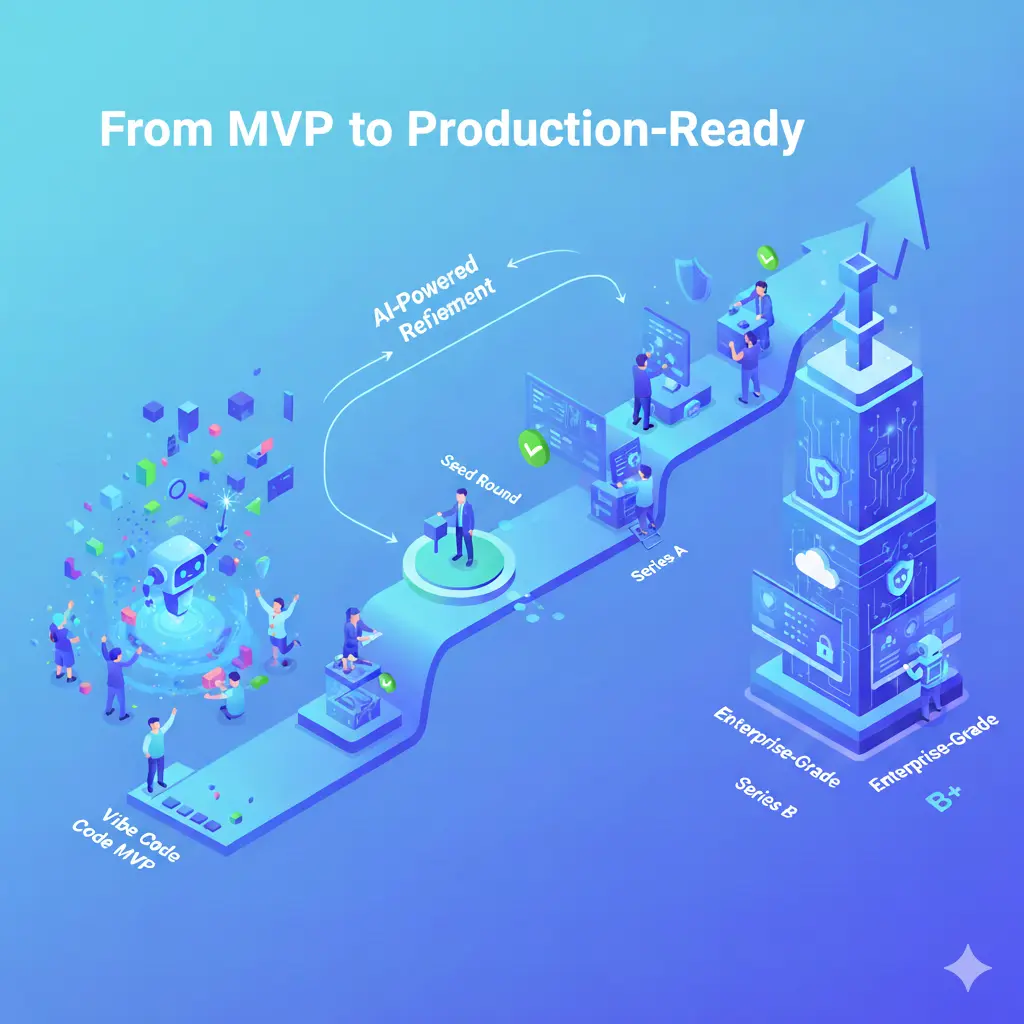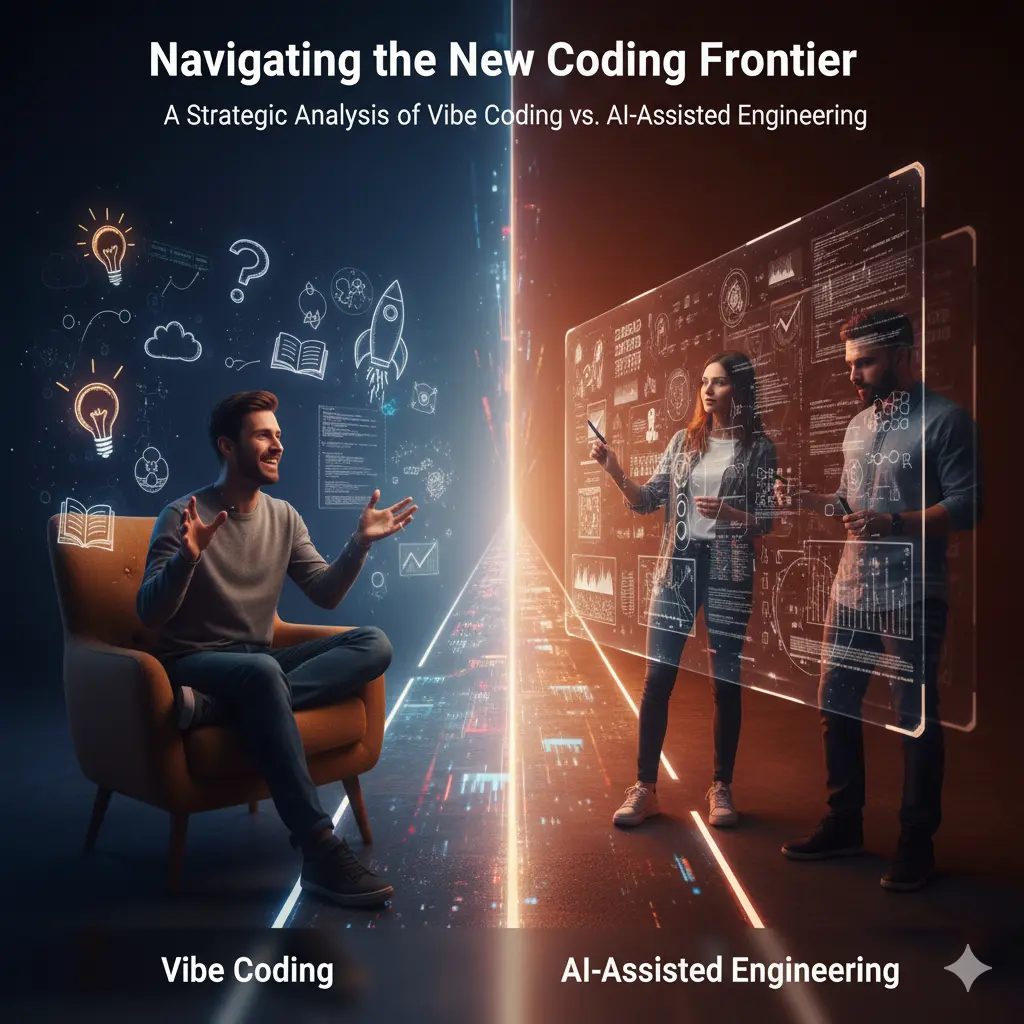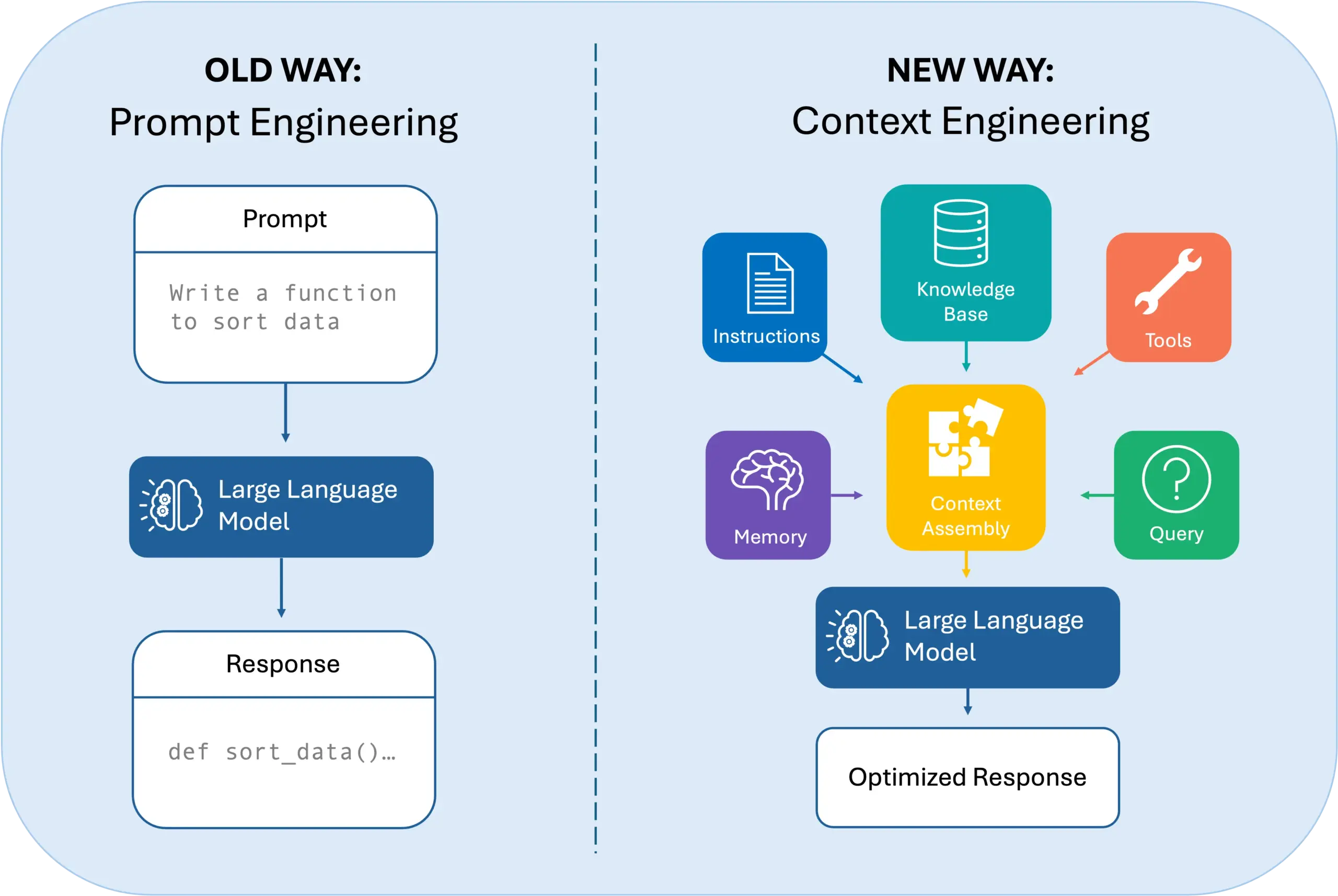In recent years, science and technology had significantly advanced so that technical knowledge, which can evolve so rapidly, is losing importance compared to adapting or learning. The employment website Jobatus has detected that 73% of companies now include soft skills directly in their job offers and that technical knowledge is no longer enough to get interviews.
The importance of soft skills increases over hard skills.
The Revolution 4.0 began in 2016, with advances in robotics, artificial intelligence, nanotechnology, quantum computing, biotechnology, Internet of things (IoT), 3D printing, and autonomous vehicles, and establishing a before and after for many occupations. These advances made companies gradually begin to value soft skills even above hard skills, acquired throughout our studies or work experience.
Finally, the COVID-19 pandemic has precipitated a sudden and improvised increase in telework, and the interest of companies in soft skills has increased even more than before. With the current situation, communication and self-management are now the most demanded soft skills. And since the confinement began in March of last year until now, job offers that include one or more soft skills have increased by 31% compared to the previous year.
In general, the soft skills that companies most evaluate through specific techniques in job interviews are adaptability, flexibility, and creativity. Depending on the sector, teamwork and empathy may be more valued for individual contributors or positions facing the public, while storytelling or leadership are expected for managerial positions.
Whatever soft skill you want to develop, the process starts with auto-evaluation, how others perceive you, and your role requirements. This allows you to receive feedback and engage in deliberate practice: a concept coined by the late K. Anders Ericsson, the Swedish psychologist, and researcher, and applied broadly to skill development.
In today’s world, organizations need to be more systematic in developing soft skills across the workplace (including among leaders) to help build communication, collaboration, creativity, and critical thinking.
Gone are the days of relying on the implicit learning that traditionally happened in the workplace almost by osmosis as people interact. Today, as people continue to work remotely, organizations need an “active transport” method to widely convey knowledge and skill development as part of ongoing corporate learning and development.
Employees will need to take ownership of their roles and be highly self-directed, much like entrepreneurs. They will also have to be active participants in identifying the skills, resources, and support they need to do their jobs and collaborate with their companies to get them.
And as the new rules of work emerge, adaptability, problem-solving, and communication are skills that will not become obsolete.




